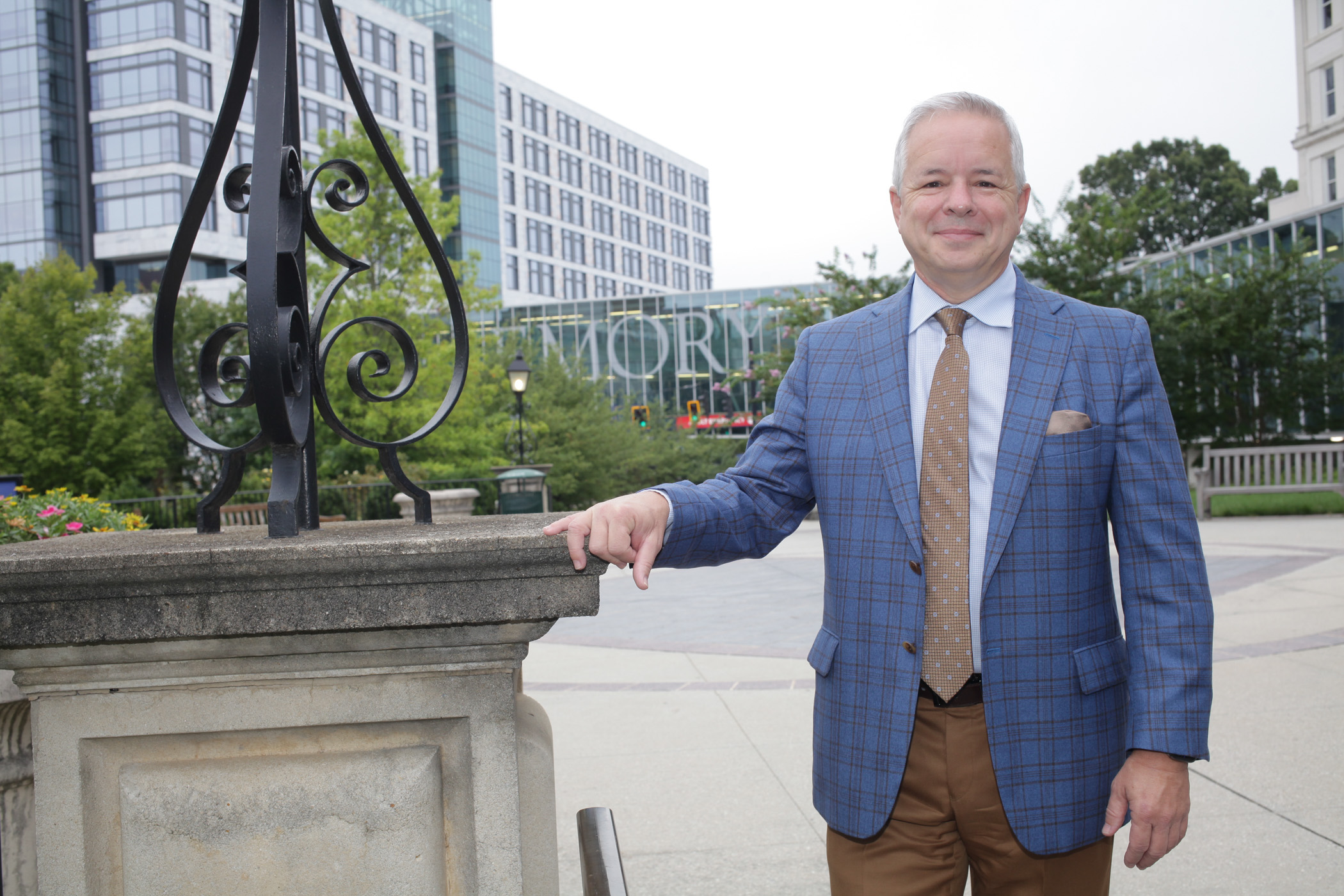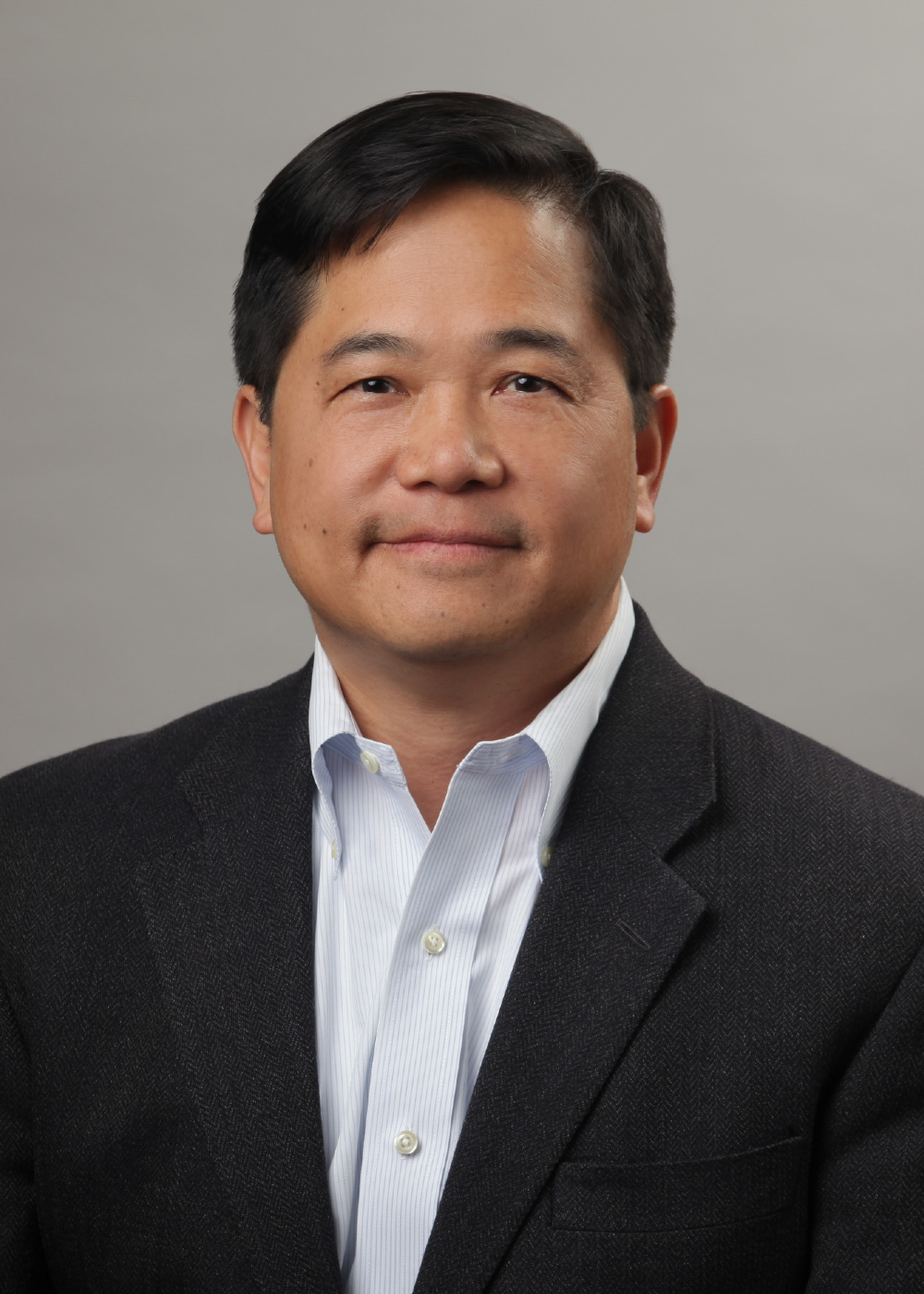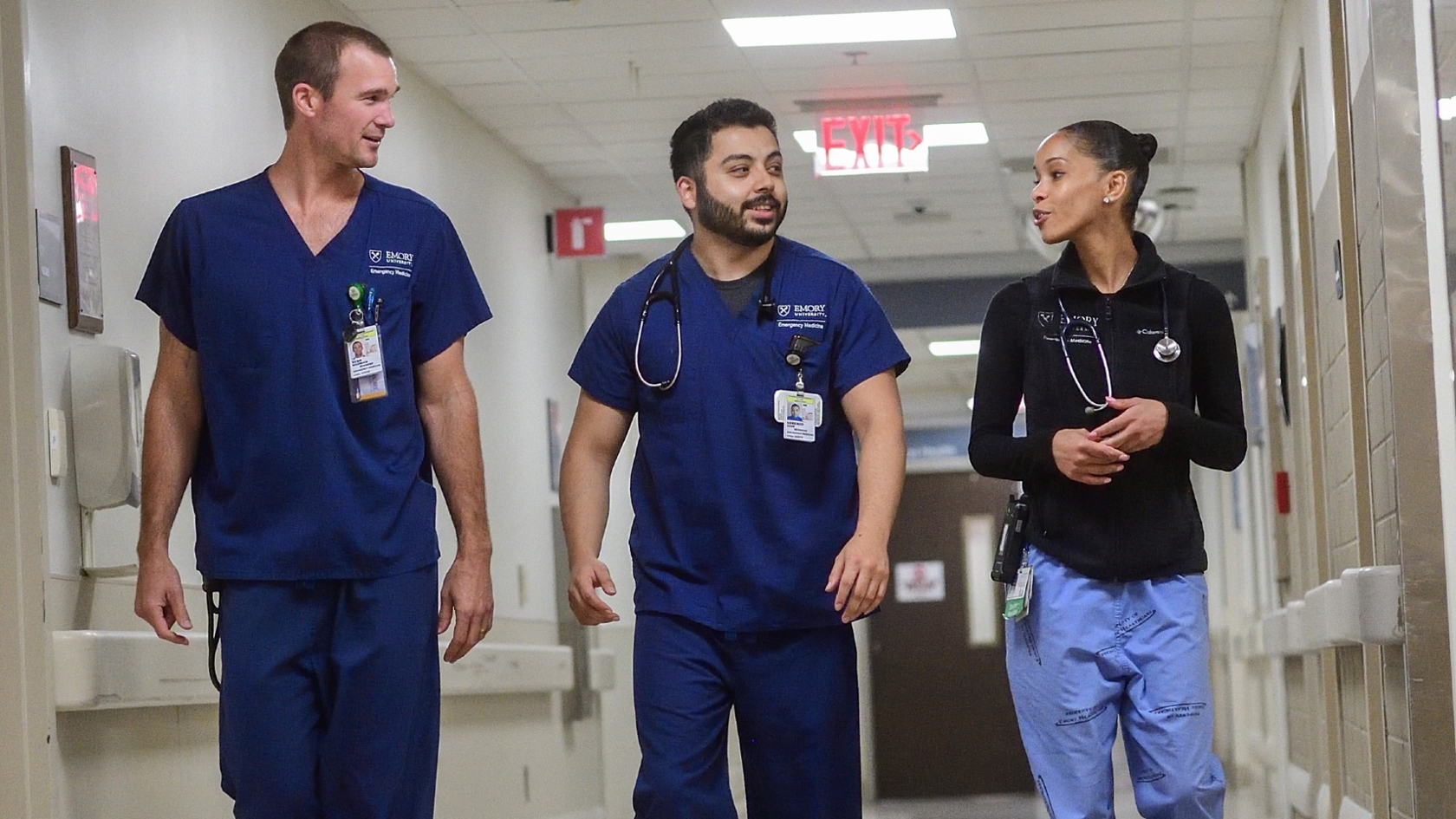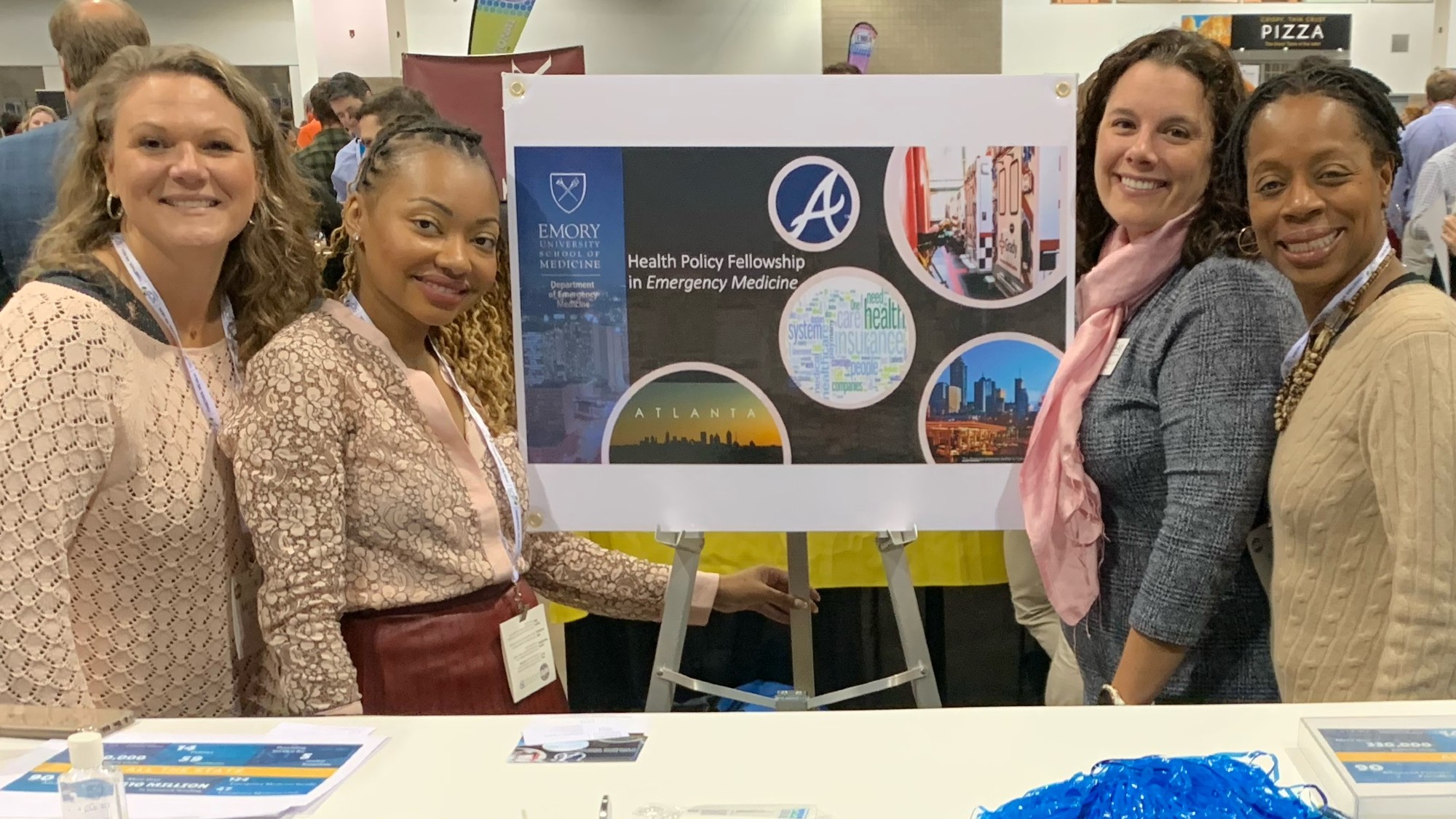Department of Emergency Medicine
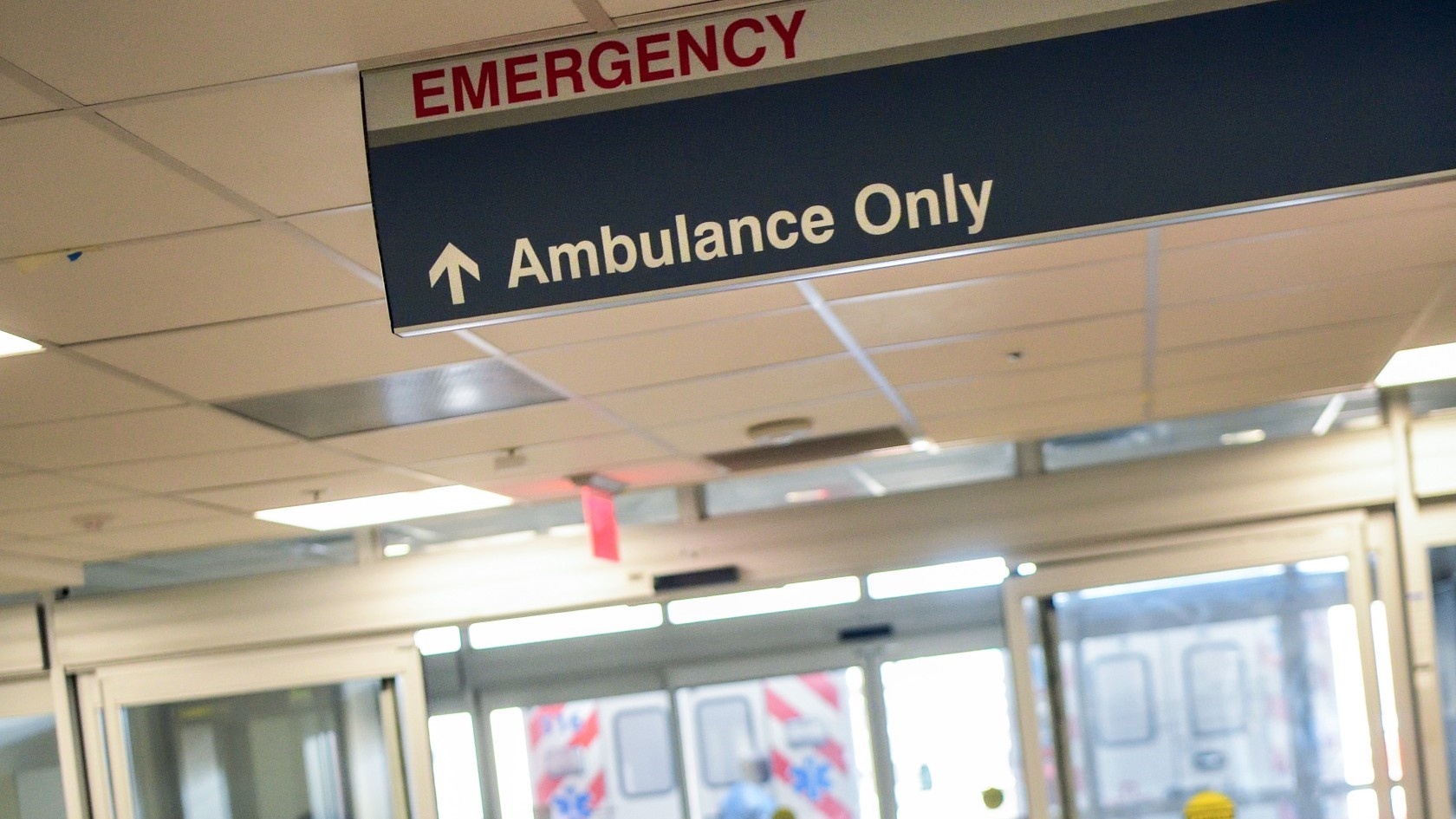
Sections
Critical Care
The Critical Care Section is committed to the pursuit of critical care delivery in any location, spearheading research initiatives, and educating and guiding the next generation of Emergency Medicine Intensivists.
Global Health
Global Emergency Medicine (EM) is a subspecialty of Emory Emergency Medicine that encompasses the development of the specialty of EM internationally, provision of emergency care globally, disaster and humanitarian response, and global health research.
Observation Medicine
Observation medicine encompasses the management of selected patients for a timeframe of 6 to 24 hours to assess their need for inpatient admission. This service is best provided in a dedicated observation unit, ideally in the Emergency Department.
Prehospital and Disaster Medicine
The core mission of Emory's prehospital and disaster medicine section is patient-centric. Where patients are involved, physicians must demonstrate leadership to help ensure that patients receive the timely, competent and compassionate care they deserve.
Research
The Innovation and Discovery in the Emergent and Acute Sciences (IDEAS) group in the Department of Emergency Medicine exists to support and grow research and researchers in the Department. The IDEAS group does this by removing barriers to research.
Toxicology
The Section of Medical Toxicology is devoted to teaching, patient care, and research in the field of Medical Toxicology. Since the establishment in 1996 with one toxicologist, the section has grown to include seven Emergency Medicine trained medical toxicologists.
Ultrasound
The Emergency Medicine Section of Ultrasound is dedicated to educating our medical students, residents, and fellows, promoting research and scholarship of ultrasound, incorporating bedside ultrasound into clinical care using best practices


